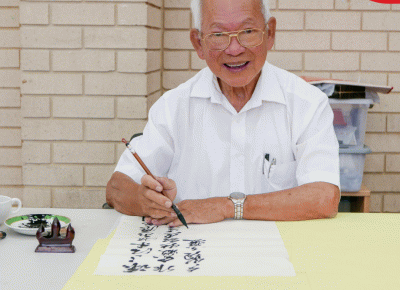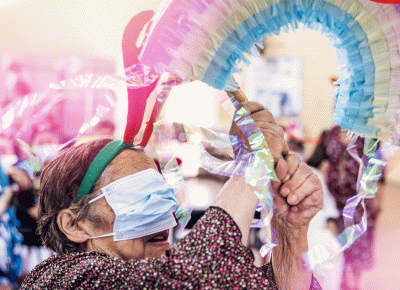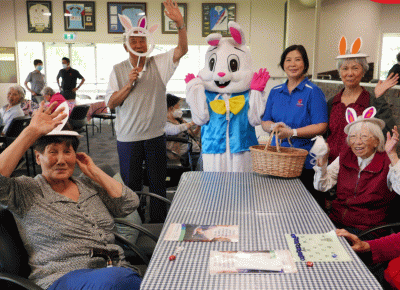
Understanding strokes saves lives. Let's equip ourselves with the essentials here.
This year, from the 7th to the 13th of August, marks the 'National Stroke Week'. Activities of various kinds are held nationwide to raise awareness of strokes among community members. Stroke is one of the leading causes of disability and death in Australia. Chung Wah Community Care (Chung Wah CC) is taking practical steps to support National Stroke Week. We have invited the Stroke Foundation to host two health talks about stroke on the 8th and 9th of August at the Willetton and Balcatta Community Hubs, respectively.
During the talks, the speaker highlighted that between July 2019 and June 2020, over 27,000 Australians suffered from a stroke. Globally, 1 in 4 people will have a stroke in their lifetime.

What Is a Stroke?
A stroke is a brain injury caused by an interruption or significant reduction of blood supply to the brain. When the brain's oxygen and nutrient supply is cut off, brain cells begin to die within minutes. The main types of stroke include ischaemic stroke and haemorrhagic stroke, accounting for 85% of stroke cases. Transient Ischaemic Attack (T.I.A.), a mini-stroke, is caused by a temporary lack of blood supply to a specific part of the brain. After suffering a T.I.A., the risk of a recurrent stroke increases.
How to Recognise the Warning Signs of a Stroke?
The signs of a stroke can be remembered using the F.A.S.T. acronym. 'F' stands for "Face-observe", the patient's face to see if their mouth is drooping. 'A' stands for "Arms-check" whether the patient can lift both arms. 'S' stands for "Speech-listen" if their speech is slurred and if they can understand other people. Finally, 'T' stands for "Time" if you spot the signs of a stroke, it is crucial to immediately call '000' for an emergency.
How to Prevent a Stroke?
80% of stroke cases are preventable. Unchangeable risk factors for stroke include: being an older male, having a family history, genetic makeup, a history of stroke or mini-stroke, and current health status. Some ways of stroke prevention are as follows:
1) Regular heart health checks.
2) Monitoring and controlling blood pressure and cholesterol levels.
3) Managing type 2 diabetes effectively.
4) Being aware of irregular heart rhythms and preventing Atrial Fibrillation (AFib).
5) Eating a healthy diet: balanced nutrition, low salt, low sugar, and limiting processed foods.
6) Quitting smoking and limiting alcohol.
7) Maintaining a minimum of 30 minutes of exercise daily.
8) Avoiding excessive strain, fatigue, staying up late, and emotional upheaval.
9) Taking precautions against cold and heat.
The seniors who participated in the lectures found them immensely beneficial and warmly applauded the speakers. For more information about stroke, please consult your family doctor or call the hotline: 1800 787 653 for enquiries.

Chung Wah has been servicing the W.A. community since 1909, dedicated to improving the quality of life of individuals from diverse backgrounds. Moreover, Chung Wah CC has over 35 years of professional care experience helping seniors and people with disabilities improve their well-being and better integrate into the community. In 2023, we're promoting our theme, "Embrace, Elevate & Flourish", and are committed to continuously working alongside the government and mainstream community organisations to enhance the welfare of community members, striving hand-in-hand to create a better community for all.





